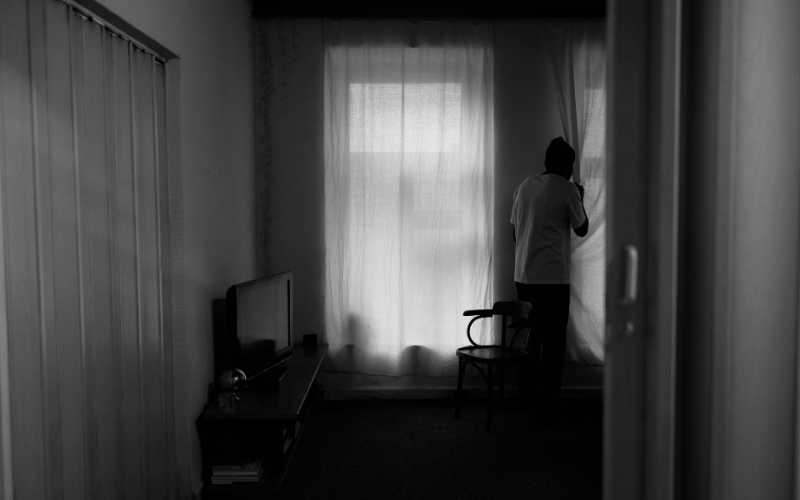Fact 9: The Misconceptions Surrounding Agoraphobia

Agoraphobia, despite its clinical recognition, often gets mired in misconceptions. The general public might think of it as merely a fear of open spaces. However, it’s much deeper and varied than that simple definition. Dissecting these myths is essential for empathetic understanding and appropriate support.
While the term “agoraphobia” originates from the Greek words meaning “fear of the marketplace”, the condition isn’t just about fearing vast, open spaces. It encompasses a range of anxieties, from fear of public transport to dread of crowded places. Broadly, it’s about fearing any situation where escape might seem challenging or where help might not be readily available.
A common misconception is equating agoraphobia with introversion. While an introvert might prefer solitude or small gatherings over larger social settings, it doesn’t stem from a place of fear. Agoraphobics avoid certain situations due to overwhelming anxiety, not personal preference.
Branding individuals with agoraphobia as cowardly or weak is not just incorrect but also insensitively reductive. Their avoidance is a coping mechanism against what feels like an insurmountable fear, not a sign of personal failure or lack of bravery.
Another oversimplified assumption is that all agoraphobics are housebound. While severe cases can indeed lead to such extreme avoidance, many individuals with agoraphobia still venture out, albeit with significant distress or with specific coping strategies in place. (9)